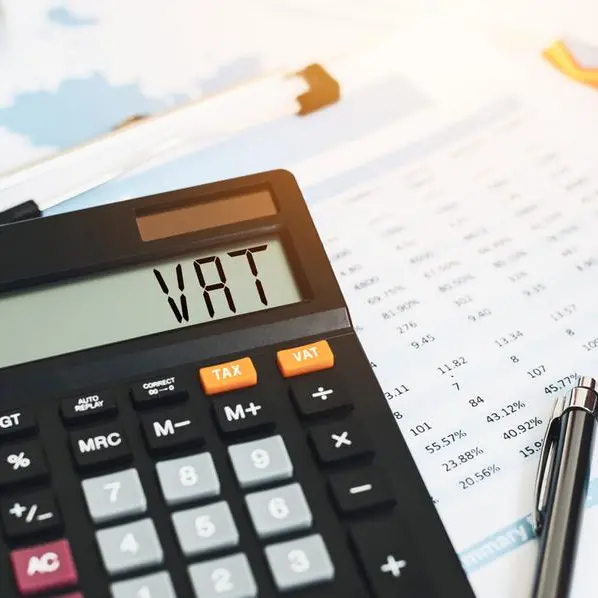PHOTO
Non-oil activity in Dubai has seen its fastest rise in three years, as companies remained optimistic about growth over the next 12 months, according to a new purchasing managers' index (PMI) report.
The emirate saw its PMI score rise to 56.4, up from 56.1 last month, its best performance since June 2019.
In its latest PMI report for Dubai, S&P Global Market Intelligence said the rise in output was supported by a solid increase in new business and promotional activity.
The survey also showed inflationary pressures easing, after June saw the fastest rise in input prices in nearly four-and-a-half years.
David Owen, economist at S&P Global Market Intelligence, said the fastest rise in output in three years was supported by another solid increase in new business and promotional activity.
“Input price inflation remained among the fastest on record despite slowing from June's 53-month high," Owen said.
He said fuel prices again impacted firms' costs, notably in the travel and tourism sector, where input prices rose the most since this index began in 2015.
"There was also evidence of rising pressure on firms' selling prices. Although overall charges levied for goods and services were broadly unchanged since June, this ended a 12-month sequence of discounting. Moreover, the monthly rise in the Output Prices Index, at 3.8 points, was the largest on record."
Growth has strengthened five times in the past six months, and the PMI remained above its long-run average of 54.5 in the latest period, S&P said.
Output among non-energy firms in Dubai's private sector rose for the 20th successive month and growth rates accelerated since June across the sectors monitored, with the strongest expansion seen in wholesale and retail, travel and tourism and construction.
Travel and tourism, input cost inflation
Travel and tourism recorded the fastest increase in demand among those sectors, while companies overall remained optimistic regarding growth of business activity over the next 12 months in July. The sector also saw the fastest increase in employment, which grew across all sectors.
However, the strength of sentiment eased from June's eight-month peak and was below the long-run series average, except for travel and tourism, where confidence was the highest since November 2021, the report said.
Input cost inflation across Dubai's non-energy private sector economy eased in July for the first time in four months, but cost pressures remained strong overall, the second-highest in four-and-a-half years.
There was a deterioration in supply chains, with longer average lead times, the first deterioration since December 2021, which contributed to a renewed decline in input stocks.
In a note reacting to the survey, Emirates NBD said the data pointed to strong growth in the second quarter of the year, following a 5.9% year-on-year growth in Q1. “However, we expect growth to slow in H2 [second half] as the external backdrop weakens and higher interest rates and inflation curb domestic demand,” the note said.
“We expect Dubai’s economy to grow by 4.5% for the full year 2022.”
(Reporting by Imogen Lillywhite; editing by Cleofe Maceda)





















